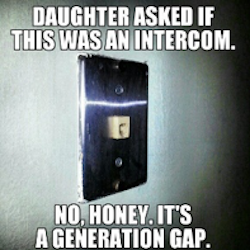Greetings from Your Co-Chairs!
Sites Committee
Committees
On June 19, 2020, the Commercial Division of New York Supreme Court, New York County, in Progressive Cas. Ins. Co. v.

Seven years (and a trip to the U.S. Supreme Court) later, British Virgin Islands (BVI)-based Fairfield Sentry Limited was in 2017 finally allowed to abandon the 2010 sale transaction it had entered into with Farnum Place, LLC in which Farnum had agreed to purchase Fairfield’s claims (collectively, the “claim”) filed in the liquidation proceeding of Bernard L.
Throughout 2019, the retail industry continued to struggle as numerous retailers — from a variety of product and apparel categories — sought bankruptcy relief. Further, many retailers entered chapter 11 with an intent to liquidate all, or substantially all, of their assets quickly and efficiently.
When asked whether a foreclosure sale can be avoided in bankruptcy, the first answer that comes to many practitioners’ minds is “no” because of the Supreme Court’s opinion in BFP v. Resolution Trust Corp.[1] The correct answer, though, is a much more nuanced “it depends.” The Third Circuit’s Sept.
COVID-19 has catapulted us into a world in which virtually all legal services are conducted online. Ethics rules require lawyers to maintain competence, and many states require lawyers to stay abreast of relevant technology.
The coronavirus pandemic has forced millions of workers to work remotely — resulting in a drastic increase in videoconferencing.
The COVID-19 crisis has made a substantial economic impact on businesses and industries worldwide. The sharp decrease in airline travel has caused the aviation industry to be particularly affected by the crisis. This has caused a detrimental economic effect on airlines, suppliers, manufacturers and other aviation companies.









